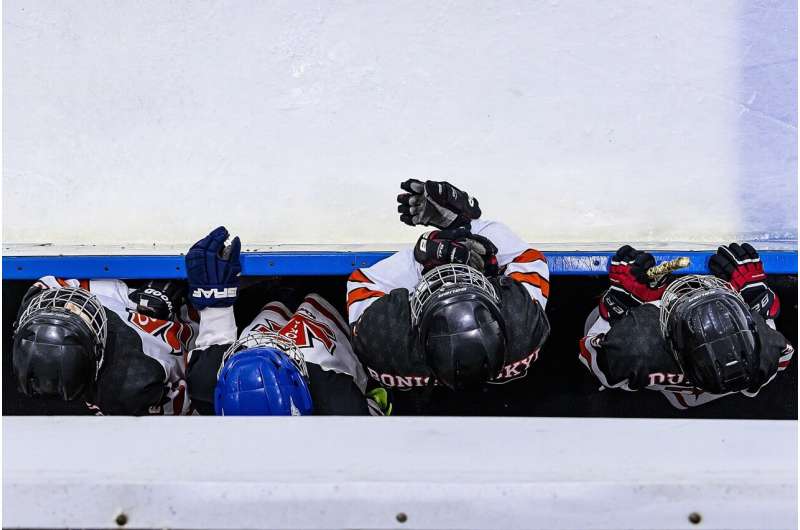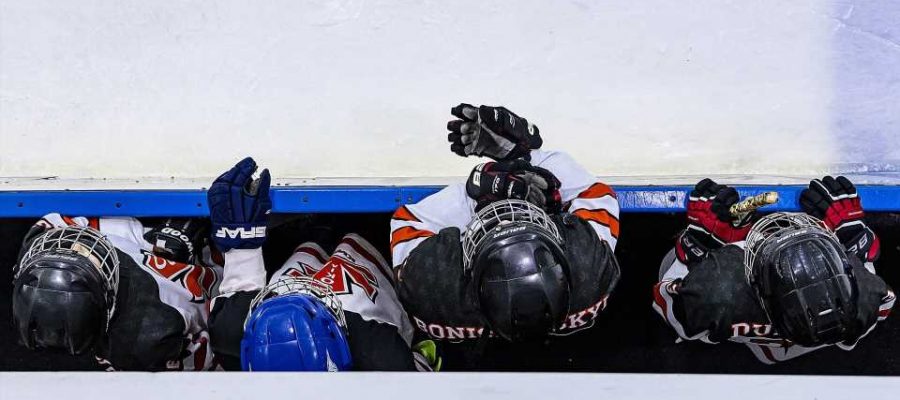
Early head-and-neck cooling in concussed ice hockey players resulted in shorter time to return-to-play. This expanded study of Swedish ice hockey teams, in which the median time to initiate head-neck cooling following a concussion was 10 minutes, is published in the Journal of Neurotrauma.
Sports-related concussions are one of the most common injuries in contact sports such as ice hockey, football, soccer, and rugby. Up to 30% of ice hockey players who experience sports-related concussion may have prolonged recovery beyond the normal time range.
Exercise-induced elevation of core body temperature is associated with an increase in brain temperature. This may accelerate secondary injury processes following sports-related concussion and exacerbate the brain injury.
Corresponding author Professor Niklas Marklund, from Lund University, and coauthors conducted a clinical trial that included players from 19 male elite Swedish ice hockey teams over five seasons. In the intervention group, acute head-neck cooling was implemented using a head cap for at least 45 minutes in addition to standard sports-related concussion management.
In the intervention group, the median time to return-to-play was nine days, significantly shorter than the 13 days in the control group, which did not undergo head-neck cooling. “The proportion of players out from play for more than the expected recovery time of 14 days was 24.7% in the intervention group, and 43.7% in controls,” reported the investigators.
“The findings regarding immediate head and neck cooling after sports concussion are intriguing,” says David L. Brody, MD, Ph.D., editor-in-chief of the Journal of Neurotrauma. “I’m especially impressed with how quickly the investigators were able to start the intervention; an average of 10 minutes after injury.”
More information:
Ali Al-husseini et al, Shorter recovery time in concussed elite ice hockey players by early head-and-neck cooling—a clinical trial, Journal of Neurotrauma (2022). DOI: 10.1089/neu.2022.0248
Journal information:
Journal of Neurotrauma
Source: Read Full Article
